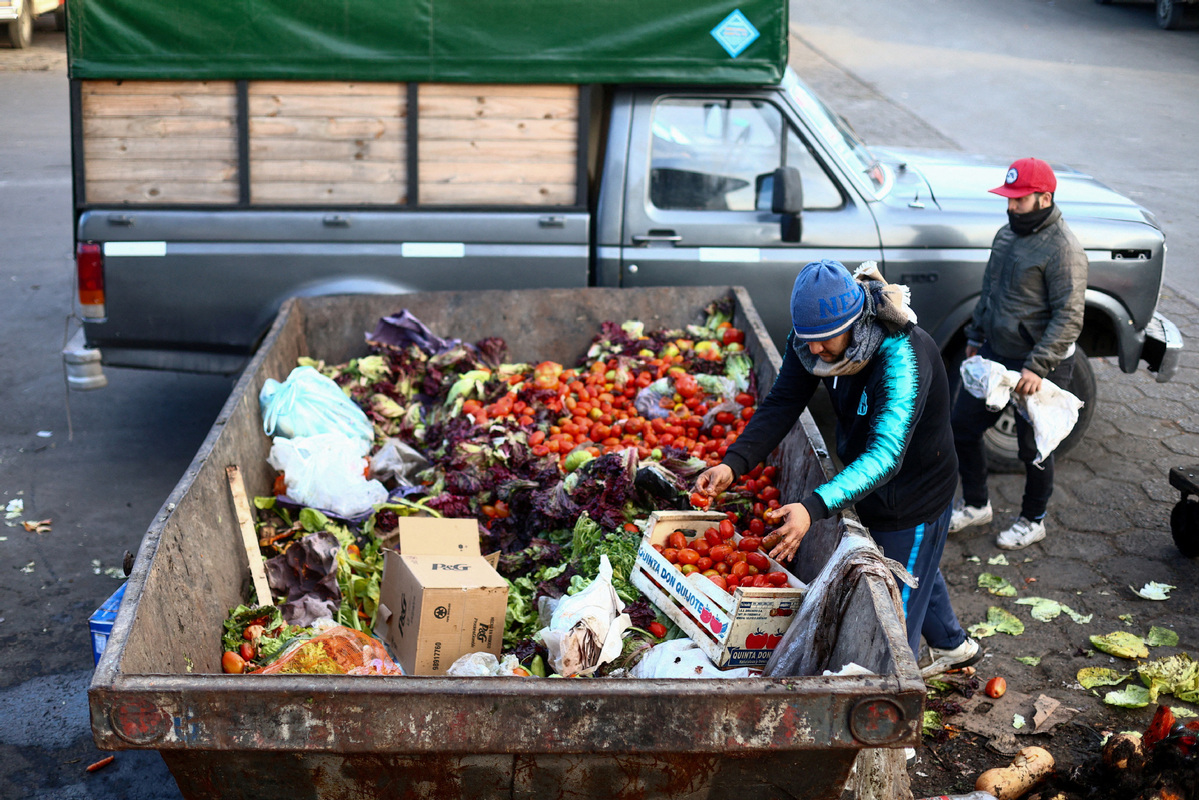Food inflation eases in richest nations


Food prices in the wealthiest nations have increased at the slowest rate since October 2021, indicating a decreasing pressure on households that have struggled with surging inflation for more than two years.
Figures released this week by the Organisation for Economic Co-operation and Development, or OECD, showed a decline in food inflation for the 15th consecutive month within its 38 member countries, dropping from 6.3 percent in January to 5.3 percent in February.
The last time the OECD reported food inflation below 6 percent was in November 2021, when it was at 5.5 percent. In October that year, food inflation was at 4.6 percent.
The surge in food prices in 2022 was a result of escalating energy costs and reduced trade sparked by the Russia-Ukraine conflict. Unforeseen severe droughts and disruptions in supply chains due to the ongoing effects of the COVID-19 pandemic also impacted the situation.
“We have seen the worst of high food inflation,” Carlos Mera, head of agricultural commodities at Rabobank, was quoted as saying by the Financial Times newspaper.
He added that agricultural commodity prices, which have been dropping since their peak in 2022, were “acting as a disinflationary force even at the retail level”.
Tomasz Wieladek, an economist at investment company T Rowe Price, was quoted by the FT as saying “supply chains have fully normalized, gas prices have come down to levels which are historically considered more normal, and Ukraine grain exports have resumed via the Black Sea corridor”.
“The unwinding of these factors suggests that global food disinflation will probably continue,” he added.
In its report released on Monday, the OECD said the overall measure of inflation, the consumer prices index, or CPI, was stable in February at 5.7 percent, having hovered around 6 percent since May 2023.
Headline inflation decreased in three-quarters of OECD countries, with Poland and Sweden experiencing the most significant monthly declines, and Turkiye facing the most substantial increase.
Inflation declined sharply in both the eurozone area and the United States, as the growth in energy and food prices slowed significantly.
Within the eurozone, overall inflation decreased to 2.6 percent in February from 2.8 percent in January. The decrease in food inflation in the eurozone was approximately twice that of OECD countries, while core inflation decreased at a similar rate to the OECD.
The OECD reported that in the G20 countries, including Saudi Arabia and Brazil, inflation increased to 6.9 percent in February from 6.4 percent in January, marking its highest level since March 2023.



































